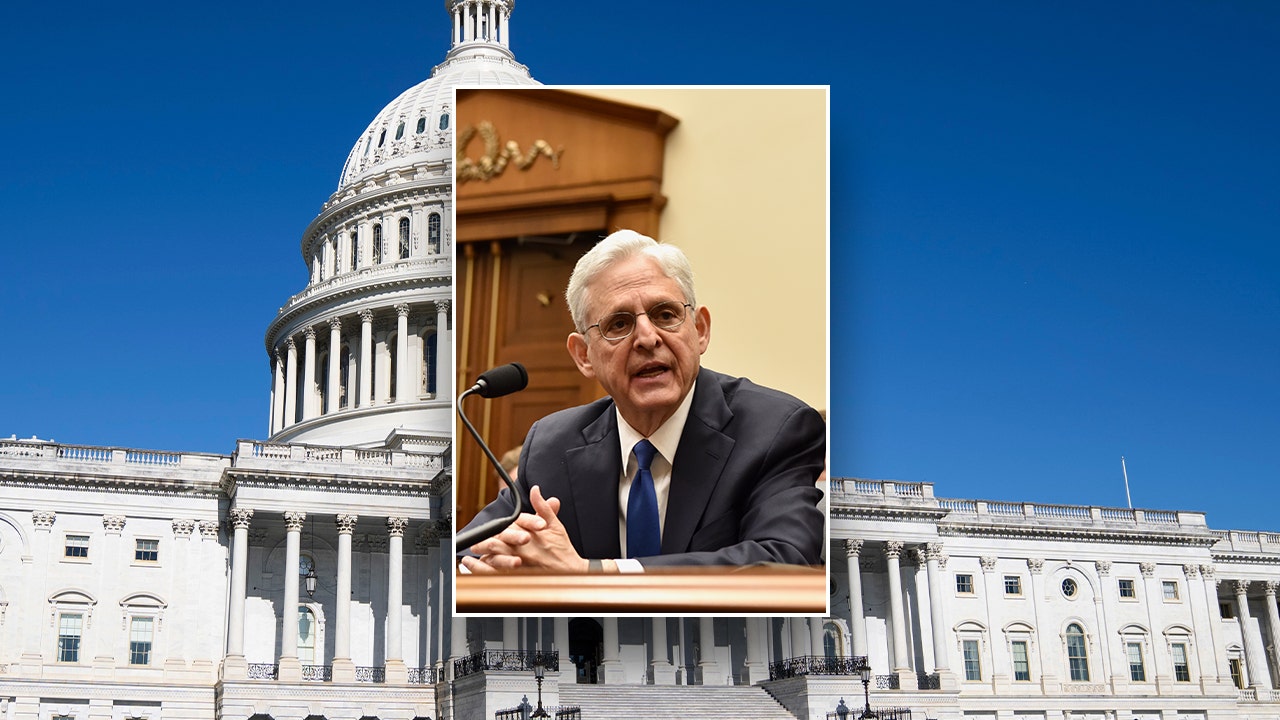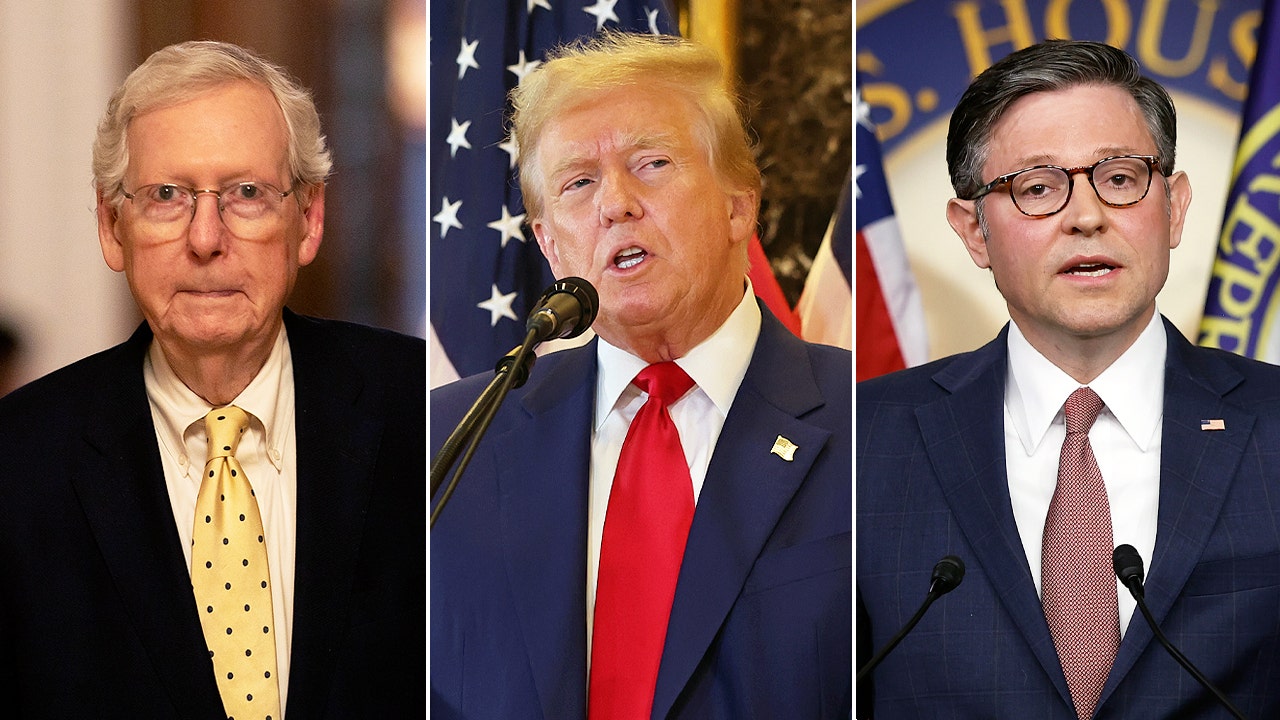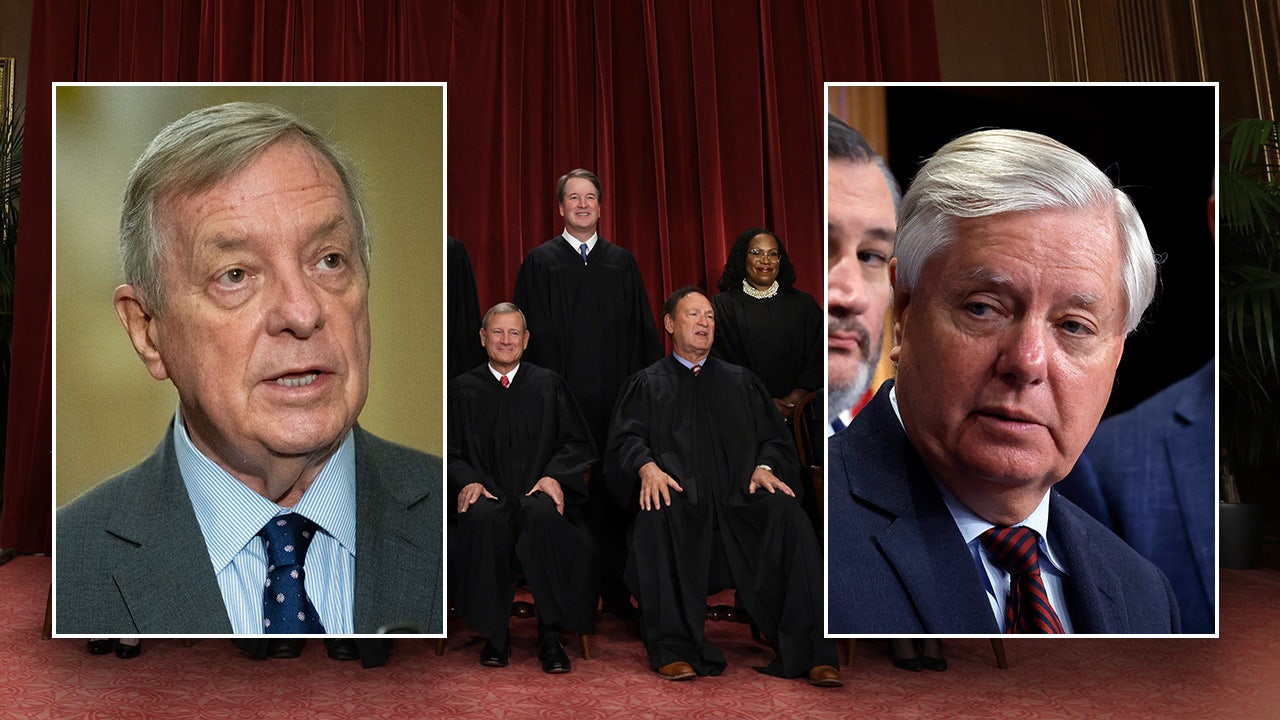World
US secretly sent long-range ATACMS weapons to Ukraine

The weapons, which can hit targets as far as 300km (186 miles) away, have been used twice already.
The United States quietly sent long-range ballistic missiles to Ukraine as part of a package of military support in March, and Ukraine has used the weapons twice, according to US officials.
The longer-range Army Tactical Missile Systems (ATACMS) can hit targets as far as 300km (186 miles) away, nearly double the range of the mid-range ATACMS that the US began sending towards the end of last year.
Washington had long been reluctant to provide Ukraine with the longer-range weapon amid concerns they could be used on targets deep inside Russian territory and escalate the conflict.
But in February, Biden approved the delivery of the missiles and a “significant” number was included in a $300m aid package announced the following month, officials said.
“We’ve already sent some, we will send more,” White House national security adviser Jake Sullivan told reporters.
State Department spokesman Vedant Patel said the delivery had not been announced “in order to maintain operational security for Ukraine at their request”. Neither official confirmed the number of ATACMS sent.
Ukraine has been forced to ration its weapons amid a protracted delay to a $61bn military assistance package that was finally passed in the US this week. ATACMS are expected to be included in the first $1bn tranche of that aid package.
The weapons sent this month were used on April 17 to strike an airfield in Dzhankoi in Crimea, which Russia seized from Ukraine in 2014. They were also used this week against Russian forces in southeastern Ukraine, near the occupied city of Berdyansk.
‘Time is right’
Admiral Christopher Grady, vice chairman of the Joint Chiefs of Staff, said the White House and military planners had looked carefully at the risks of providing long-range weaponry to Ukraine and determined that it was the right time.
The weapons were sent on the condition they be used only inside Ukrainian sovereign territory.
“I think the time is right, and the boss [President Biden] made the decision the time is right to provide these based on where the fight is right now,” Grady said.
A US official told the Reuters news agency it was Russia’s use of North Korean-supplied long-range ballistic missiles against Ukraine in December and January that led to the change of heart.
Russia’s continued targeting of Ukraine’s critical infrastructure was also a concern.
“We warned Russia about those things,” said the official, who spoke on condition of anonymity. “They renewed their targeting.”
The protracted delay in US funding and weapons deliveries has given Russia the space to push its advantage in firepower and personnel to step up attacks across the front line in eastern Ukraine, where it claims to have taken control of a number of settlements this month. It has increasingly used satellite-guided gliding bombs – dropped from planes at a safe distance – to pummel Ukrainian forces.
Ukrainian officials have not publicly acknowledged the receipt or use of long-range ATACMS.
But in thanking Congress for passing the new aid bill, Ukrainian President Volodymyr Zelenskyy stressed the significance of such weaponry to the war effort.
“Ukraine’s long-range capabilities, artillery and air defense are extremely important tools for the quick restoration of a just peace,” he wrote on social media platform X.

World
Israeli Official Describes Secret Government Bid to Cement Control of West Bank
Israeli judges have long ruled that Israel’s control of the territory is a temporary military occupation and complies with international law. A powerful minister’s recent speech, caught on tape, suggested the government is trying to change that.
World
Former Hong Kong residents embrace UK politics amid lingering Beijing fears

- More than 180,000 Hong Kongers have immigrated to Britain under a special visa program, fleeing political crackdowns in their home country since 2021.
- Unlike many immigrants, Hong Kongers arrive in Britain with the right to vote.
- Some Hong Kong immigrants remain concerned about Chinese influence and potential repercussions for their families.
For Richard Wong, 25, who moved to Britain from Hong Kong two years ago, it “feels strange” taking part in a free election, exercising exactly those rights that he once fought for, knowing that his friends back home no longer can.
“Back in Hong Kong we tried so hard to get democracy and then lost it. And I moved here, and we are actually practicing democracy, but in a very different context,” said Wong, who has been knocking on doors as a volunteer for an opposition Labour party candidate in next month’s UK general election.
“I still have friends spending their time in prison and I’m … doing this at the other end of the world.”
HONG KONG LAWMAKERS UNANIMOUSLY PASS CONTROVERSIAL SECURITY LAW, GRANTING GOVERNMENT POWER TO CURB DISSENT
Since 2021, more than 180,000 Hong Kongers have moved to Britain under a special visa program set up in response to a crackdown on dissent in their homeland, a former British colony handed back to Beijing in 1997.
The Hong Kong skyline is seen on Dec. 19, 2018. Since 2021, more than 180,000 Hong Kongers have moved to Britain under a special visa program set up in response to a crackdown on dissent in their homeland, a former British colony handed back to Beijing in 1997. (DALE DE LA REY/AFP via Getty Images)
China says the crackdown was necessary to restore stability after months of sometimes violent protests in 2019.
When Britain left Hong Kong it offered a limited form of British nationality to residents, which means the Hong Kongers, unlike many newcomers from elsewhere, arrive with the right to vote in the UK.
Britain’s national election next month is the first chance they will have to participate in the central ritual of democracy in their adopted home. Many are passionate about the opportunity.
“I know the power of votes. I think if we have that power we should utilise it,” said Carmen Lau, a campaign coordinator for Vote for Hong Kong 2024, a group rallying Hong Kongers in the UK to participate in the British election.
Before she moved to Britain, Lau was elected a Hong Kong district councillor in 2019, but later disqualified for refusing to take an oath of loyalty to the territory’s mini constitution.
With relations between Britain and China at a low ebb, amid accusations from London that Beijing had intimidated a foreign national on British soil and counter claims of spying activities, some Hong Kongers are still fearful China’s reach.
Lau said at cultural events many attendees wore masks and avoided cameras because they were afraid their family back in Hong Kong would be harassed.
“The right to vote is precious, and more Hong Kong people are moving to the UK and we’re concerned about China’s control and spies, so there is a need to speak out,” said one Hong Konger in the UK, Kate, 33, who declined to give her full name as she was fearful of reprisals.
World
Is Israel’s Smotrich fulfilling his dream of annexing the West Bank?

About a month ago, a quiet transfer happened.
The Israeli army’s Civil Administration handed more control over the occupied West Bank to the Settlements Administration, led by far-right Finance Minister Bezalel Smotrich, who lives in an illegal settlement himself.
Now Smotrich and his Settlements Administration control more things, like building regulations and the management of farmland, parks and forests.
Since he entered government, Smotrich has pushed openly for more Israeli settlements in the occupied West Bank – illegal under international law – as steps towards annexation.
So what does this all mean?
What’s the Settlements Administration?
It was set up back in February 2023, after lots of political wrangling between Smotrich – who is also a minister within the Ministry of Defense – and Yoav Gallant, the defence minister.
There were a lot of details, but the upshot is that the responsibility for monitoring illegal construction in the occupied West Bank came under Smotrich.
Meaning that illegal settlement or outpost construction would be ignored and eventually approved, while Palestinian construction would be subject to intense scrutiny over permits, and often demolished.
How did Smotrich swing that?
Smotrich and his fellow member of the extreme right, Itamar Ben-Gvir, head a coalition of hard right and ultra-Orthodox parties that have propped up the rule of Israeli Prime Minister Benjamin Netanyahu.
Using that far-right heft, Smotrich negotiated to essentially take control of Israeli expansion into occupied land.
So what changed this May 29?
The army’s handover on May 29 means pages of bylaws will now be enforced by the Settlements Administration, making illegal settlement expansion even easier.
Did Israel already control the occupied West Bank?
Israel occupied the West Bank in 1967, as well as Gaza and East Jerusalem – the longest military occupation in modern history.
But, even occupation has rules.
According to international law, the occupying power cannot move its citizens into occupied land. Israel’s Supreme Court confirmed this in 2005.
That did not stop Israelis from building illegal settlements on stolen land. And it did not stop Israeli settlers – supported by security forces sometimes – from attacking Palestinians to force them off even more land.

How many Palestinians live in the West Bank?
According to the US government, three million people.
In many cases, families have lived in the same house or on the same farm for centuries.
Traditional farming is a source of pride and identity, with generations dedicating themselves to tending ancestral olive groves and fruit orchards. Some Palestinian tribes are shepherds, traditionally roaming across their lands so their flocks can graze.
But settler attacks have focused on farmers and shepherds, who tend to live in small, peaceful communities that make easy pickings for armed settlers with the police as their backup.
This pushed many Palestinians to move to towns, working unskilled jobs like construction.
What’s going to happen to them now?
Life will likely get even harder.
On top of sweeping arrest campaigns being stepped up in the occupied West Bank since Israel launched its brutal war on Gaza on October 7, the number of settler attacks to scare families off their land has exploded too.
More than 500 Palestinians have been killed in attacks in the occupied West Bank.
Restrictions on movement have increased as Israel increased both fixed and mobile checkpoints and settlers have started setting up their own random roadblocks.
This means Palestinians have a much harder time getting to work or keeping their businesses running. Or seeing family, or going for a picnic. Anything, really.
Add to that the increased leniency Smotrich’s Administration is likely to show illegal settlement expansion and the crackdown on any Palestinian construction, the outlook is bleak.

Is this it? Annexation?
Annexing the occupied West Bank to Israel is certainly a dream for Smotrich and his close political ally, National Security Minister Itamar Ben-Gvir.
They see taking over managing the occupation – by essentially commandeering the Civil Administration – as a major step towards that ambition.
-

 Politics1 week ago
Politics1 week agoPresident Biden had front row seat to dog, Commander, repeatedly biting Secret Service agents: report
-

 Politics1 week ago
Politics1 week agoBiden's attorney general is fighting back as the GOP-led House contemplates contempt
-

 News1 week ago
News1 week ago171,000 Traveled for Abortions Last Year. See Where They Went.
-

 Politics1 week ago
Politics1 week agoTrump travels to DC to meet with congressional Republicans, speak with nation's top business executives
-

 Politics1 week ago
Politics1 week agoDurbin looks to force Supreme Court ethics bill vote amid Alito controversy
-

 World1 week ago
World1 week agoThe far right will probably fall short in French legislative elections
-

 World1 week ago
World1 week agoHezbollah rains rockets on Israel after senior commander killed
-

 News1 week ago
News1 week agoPhotographer shares ‘magical’ photos of rare white bison calf at Yellowstone

















